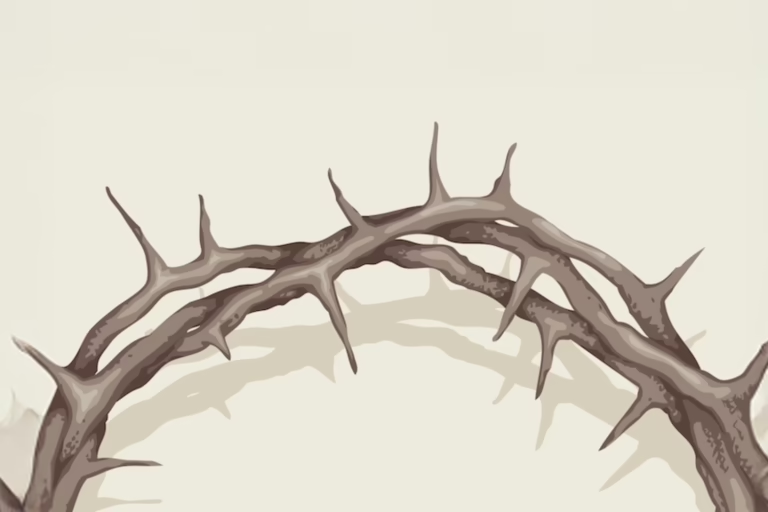Read: Psalm 90
Satisfy us in the morning with your steadfast love, that we may rejoice and be glad all our days. (v. 14)
Sloth is a tricky word to define. Medieval monks called it acedia. To them, it was “the noonday demon” that often visited in the afternoon during their times of work and study. Imagine the harshness of monastic life—the early morning prayers, the monotony of copying manuscripts, the discomforts of a cold cell. Acedia is the creeping feeling that the spiritual life is ultimately futile—that there is no point to our worship, work, or prayer.
St. Thomas Aquinas defined sloth as a sadness of heart that prevents us from experiencing a spiritual good. It is a spiritual haze that envelops our soul, convincing us that our redemption (or the world’s) is a lost cause. Unchecked, sloth becomes despair.
We moderns think of sloth as laziness, but sloth can strike even the busiest people. Sloth is a sin of the heart, not the will. When we are guilty of sloth, we doubt that God has the power to save us, or that he can use us as part of his redemptive plan for the world.
To combat sloth, meditate on Scripture. Before you despair, consider all the failures and lost cases whom God redeemed and used as builders of his kingdom—Jacob, Moses, David, Paul. If he could do that with them, what’s to stop him from doing the same with us? —Jane Olson
As you pray, ask God to satisfy you with his steadfast love, that you may rejoice and be glad all your days.
About the Author
Jane Olson
Jane Olson is a college counselor and high school teacher. She lives in Portland, Oregon with her husband and children.
- Jane Olson#molongui-disabled-link
- Jane Olson#molongui-disabled-link
- Jane Olson#molongui-disabled-link
- Jane Olson#molongui-disabled-link

